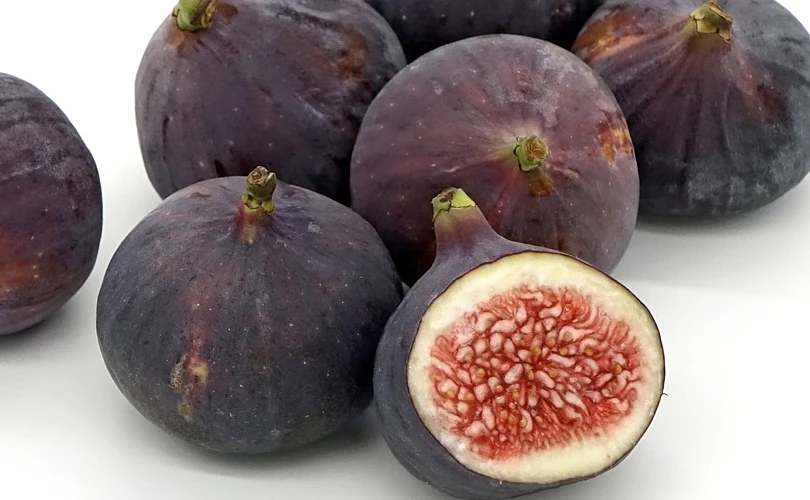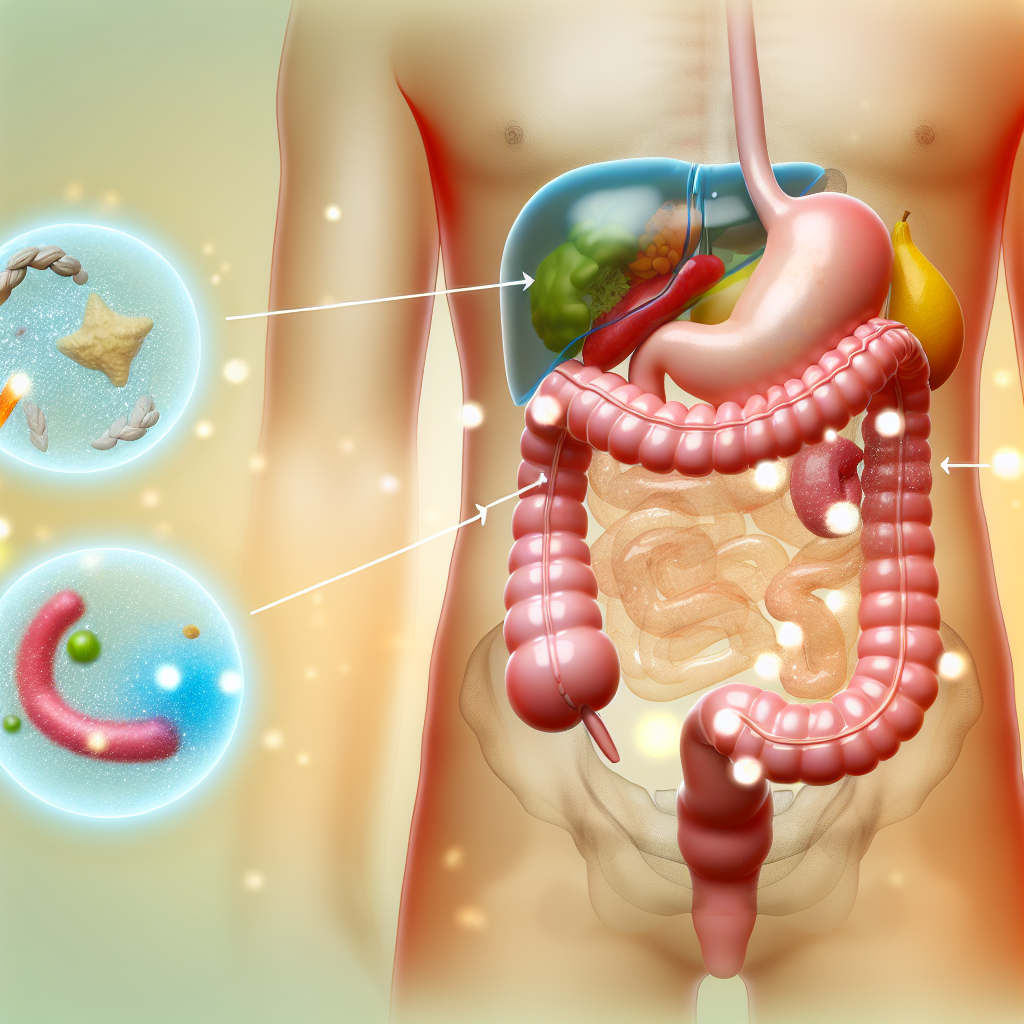Figs, being a crop native to warmer climates, demand a minimum of six hours of sunshine daily. Also, make sure the soil drains effectively. Although orchards are the most common place to cultivate figs, home gardens, and containers are also viable options.
The three states of California, Arizona, and Texas are the leading American locations for commercial fig cultivation. Most of the United States’ figs come from California.
The best times to pick figs are Summer and the beginning of October. Eating them in any form is possible. Dried or canned figs are common alternatives to fresh ones because of their fragility and limited shelf life. You may keep dried figs in the pantry for a few months.
Prep and Indulgence
Any way you slice them, cook them, or eat them. One of the numerous ways to enjoy these tasty fruits is in various dishes. They go well with many foods, including cereal, yogurt, salads, wraps, sandwiches, smoothies, and baked goods. Jam or chutney made from figs is another option.
In addition to being a tasty and healthy fruit, figs provide many other advantages to your health, such as:
The high fiber content of figs aids in digestion regulation and maintains steady blood sugar levels, leading to better digestive health. In addition to preventing constipation, fiber helps to bulk up stool.
Because of their high antioxidant content, figs can help lower systemic inflammation. Many long-term health problems, including cancer, arthritis, and cardiovascular disease, have inflammation as their foundation. For stronger bones, eat figs. They are rich in magnesium and calcium, two nutrients your body needs. Strong bones need both calcium and magnesium, the latter of which aids in calcium absorption.
The potassium in figs aids blood pressure regulation, meaning a healthier heart. Additionally, the heart can benefit from the antioxidants included in figs. Figs may offer some protection against cancer due to their high antioxidant content. Figs may help prevent cancers of the breast, colon, and prostate, according to studies.
Lose Weight, Eat Figs
To lose weight, eat figs. They are low in calories and packed with fiber. Their low-calorie content makes them an excellent option for dieters. Succulent and flavorful, figs are a delight in and of themselves, but they also have many positive effects on your health. Incorporating these little, pear-shaped fruits into your diet will aid in weight loss and general wellness.
Figs can help you lose weight, which is one of its most notable advantages. You may include them in your diet if you attempt to lose weight because they are high in fiber and low in calories.
You may reduce calories consumed during the day by eating figs since their fiber content makes you feel full for longer. Figs are rich in vitamin A, vitamin C, and minerals, and they can aid in weight loss.
Because of their high potassium content, they are beneficial for reducing the risk of hypertension and cardiovascular disease. For healthy bones and teeth, figs are an excellent source of the mineral calcium.
In addition, figs include a ton of antioxidants that ward against free radicals, the bad guys that cause cell damage and long-term health problems. Figs are a great item to incorporate into your diet to strengthen your immune system and prevent disease due to their high antioxidant content.
To sum up, figs are a tasty and healthy fruit that helps reduce weight, provides vital nutrients, and protects against long-term health problems. So, grab a handful of figs the next time you crave a nutritious snack.
Not only that, but figs are rich in many vitamins and minerals, such as zinc, iron, vitamin C, and vitamin A.
Regardless of age, everyone may benefit from eating figs because of their high nutrient content. Consider eating more for all the good they can do for your health.

Dominic E. is a passionate filmmaker navigating the exciting intersection of art and science. By day, he delves into the complexities of the human body as a full-time medical writer, meticulously translating intricate medical concepts into accessible and engaging narratives. By night, he explores the boundless realm of cinematic storytelling, crafting narratives that evoke emotion and challenge perspectives.
Film Student and Full-time Medical Writer for ContentVendor.com




